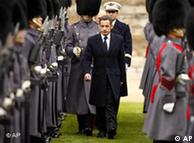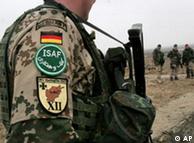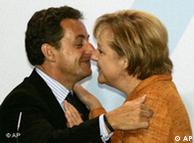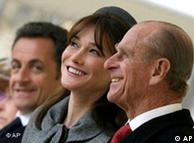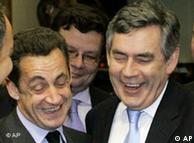'Israel's influence as bad as Iran's'
Israel and Iran have received the lowest ratings for the second year running, in a BBC poll of attitudes across the globe toward various countries.
Nevertheless, negative views of Israel declined over the past year.
Published on Wednesday, the BBC World Service poll asked people to rate Brazil, Britain, China, France, Germany, India, Iran, Israel, Japan, North Korea, Pakistan, Russia, the US and the European Union as having a mainly positive or negative influence in the world.
Negative views of Israel fell over the past year from 57 percent, to 52%, while negative views of Iran's influence held steady at 54%, giving it the worst rating of the countries tested. Pakistan followed Israel with the third worst rating.
Lorna Fitzsimons, chief executive of the Britain Israel Communications and Research Centre, said: "BICOM's polling in the UK suggests that people often think of Israel in a negative capacity, as it is often referred to among the 'bad boys' in the region, such as Iran, Hizbullah and Hamas. When Israel is referred to next to countries that people 'perceive' to be moderate, such as Jordan and Syria, they think better of Israel.
"This BBC poll shows that viewers don't really understand the core issues within the Middle East conflict, even after watching BBC coverage. Israel has a big challenge. People have such a limited time to digest news - never mind foreign news - that they build up perceptions based on a snapshot. When Israel is only referred to in terms of conflict, this only exacerbates the problem."
The proportion of those with a positive view of Israel remained stable at 19%. Nineteen of the countries polled had a negative view of Israel, two leaned to the positive - Kenya and Mexico - and three were divided.
Negative views of Israel decreased significantly in five countries in Europe and Latin America. Those with a negative view of the Jewish state fell in France from 66%, to 52%; in Germany from 77%, to 64%; in Brazil from 72%, to 57%, and in Chile from 57% to 43%.
In two countries, a positive evaluation of Israel increased to become the most common view. In Kenya, 45% now see Israel's influence as mainly positive, up from 38% a year earlier. In Mexico, 31% now have a predominantly positive view of Israel, up from 25%, and 23% have a negative evaluation, down from 31%.
Israel's stock also rose in two Muslim countries. Negative views declined in the United Arab Emirates, from 73% last year to 58%, and in Turkey, positive views rose from 2%, to 11%.
In Lebanon, negative evaluations increased from 85%, to 94%, and in Egypt, from 78% to 87%.
Negative views also increased among Americans, from 33% to 39%. Canadians had significantly fewer positive views than a year earlier, down from 27% to 15%.
Spain and Japan, polled for the first time this year, reported negative views of Israel, at 64% and 55%, respectively.
Positive evaluations of Israel among Nigerians declined, from 45% to 36%, and negative views increased to 38%,from 31%. Ghanaians reported 30% positive and 32% negative views.
After years of decline, views of the US have begun to improve, and while views of US influence in the world were still predominantly negative, they improved in 11 of the 23 countries surveyed both this year and last.
Japan had the best rating for the second year, but Germany, included in the ratings for the first time, comes a close second. The European Union came in third.
Russia improved the most, with positive views of the country rising from from 29% to 37% and negative views falling from 40% to 33%.
The poll was based on 17,457 interviews conducted in 34 countries between October 2007 and January 2008, and conducted by Toronto- and London-based Globescan together with the program on International Policy Attitudes at the University of Maryland.
 A copy of the nude image of Carla Bruni as it appeared in Wednesday's Daily Mail newspaper.
A copy of the nude image of Carla Bruni as it appeared in Wednesday's Daily Mail newspaper.